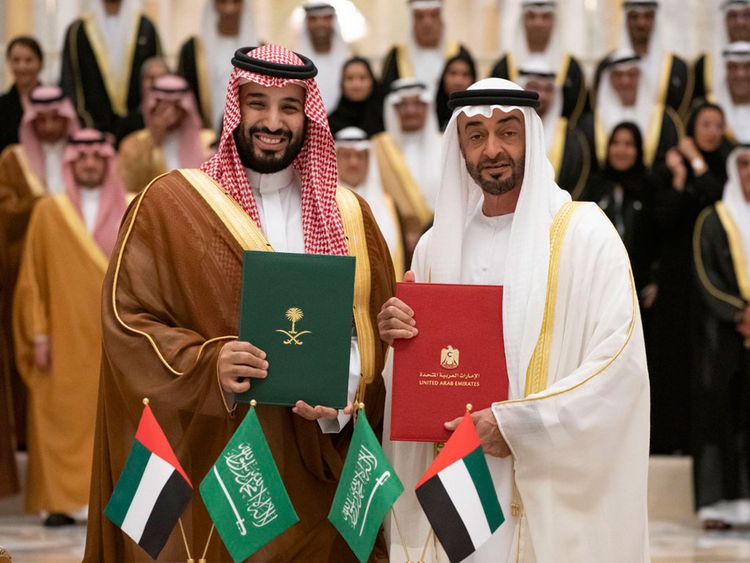AhlulBayt News Agency (ABNA): Dr. Ali Akbar Asadi, in an interview pointed to the differences between policies of Trump with Joe Biden’s administration and said: Trump and his team did not have much awareness and deep knowledge of the regional equations and balances, the historical context and the realities that govern relations of the regional countries.
Also, he continued, Donald Trump’s team sought a series of anti-Iranian subjects and seriously supported the Israeli regime and some Arab countries such as Saudi Arabia and the UAE.
The expert elaborated that Trump had a special view on the issue of foreign policy, and for him the issue of economic interests enjoyed a very high status. An issue that was also evident in Trump’s first American slogan.
Asadi further remarked: In fact, Donald Trump, without wanting to pay attention to the long-term consequences and dimensions of his complex policies in the region, by taking into account the revenues and financial resources of Riyadh and Abu Dhabi, aimed at maximizing the financial and economic exploitation of those countries.
Saying that Trump’s first visit was to Saudi Arabia, Asadi said: He wanted to be able to sell more weapons to those countries and maximize economic benefits.
The faculty member at the Institute for the Humanities and Cultural Studies, comparing the outlook of Biden and Trump to regional and global issues said: Unlike the Trump administration, the Biden administration pursues global policies aimed at reviving the leadership of the United States at the level of the liberal order.
He went on to say that in such an atmosphere, Trump created a maximum opportunity for Saudi Arabia and the UAE, and that those countries were able to advance the war in Yemen, which had already begun, and receive various weapons from the United States.
According to Asadi, following Trump’s support, Riyadh and Abu Dhabi increased their aggressive policies, and in this regard, the escalation of the Yemeni war and the siege of Qatar are noteworthy.
The expert, noting that the Biden administration has a deeper understanding of regional equations and global conditions, said: The Biden administration is thinking about how it can govern the United States and American values in the world.
He further continued: In the face of such a policy, Biden cannot accept the aggressive behavior of Saudi Arabia and the UAE, and believes that those countries must reform their foreign policy.
He stressed: Therefore, the United States seeks to restore balance to its policies in the region, and in this regard, Biden has stopped selling the offensive weapons used by Saudi Arabia in the Yemen war, and the Saudis and the Emiratis were forced to put an end to the siege of Qatar even before Biden came to power.
The university professor, saying that there are a series of ideas about Biden’s foreign policy towards Saudi Arabia, added: One of those ideas is about limiting Saudi Crown Prince Mohammed bin Salman, but it is not clear who he can replace bin Salman with if such a policy is pursued.
He went on to explain that if Biden pursued those aggressive and repulsive policies against bin Salman, the Saudi Crown Prince might also resort to actions that would have bad consequences for the Americans.
Regarding Biden’s efforts to end the war in Yemen, Asadi said: The Democrat President of the United States is trying to record the end of the Yemen war as an achievement for himself in the region.
He stressed that pressure on Saudi Arabia to stop its aggressive approach towards Yemen, as well as consulting with various players, is considered as one of Biden’s efforts in this regard.
source : Strategic Council for Foreign Relations
Tuesday
16 March 2021
7:45:20 AM
1123807

An expert on the Middle East affairs and faculty member at the Institute for Humanities and Cultural Studies commented on the UAE and Saudi Arabia relations with the United States during Donald Trump presidency and said those states were able to use the atmosphere created by Trump’s foreign policy in the region and pursue their maximum goals and interests.
